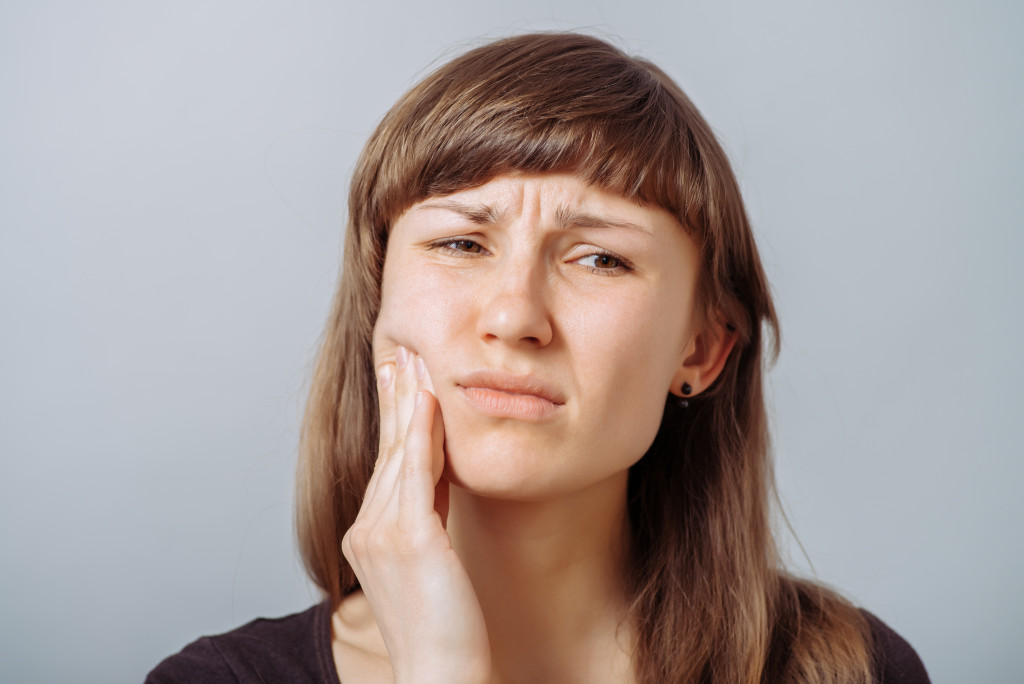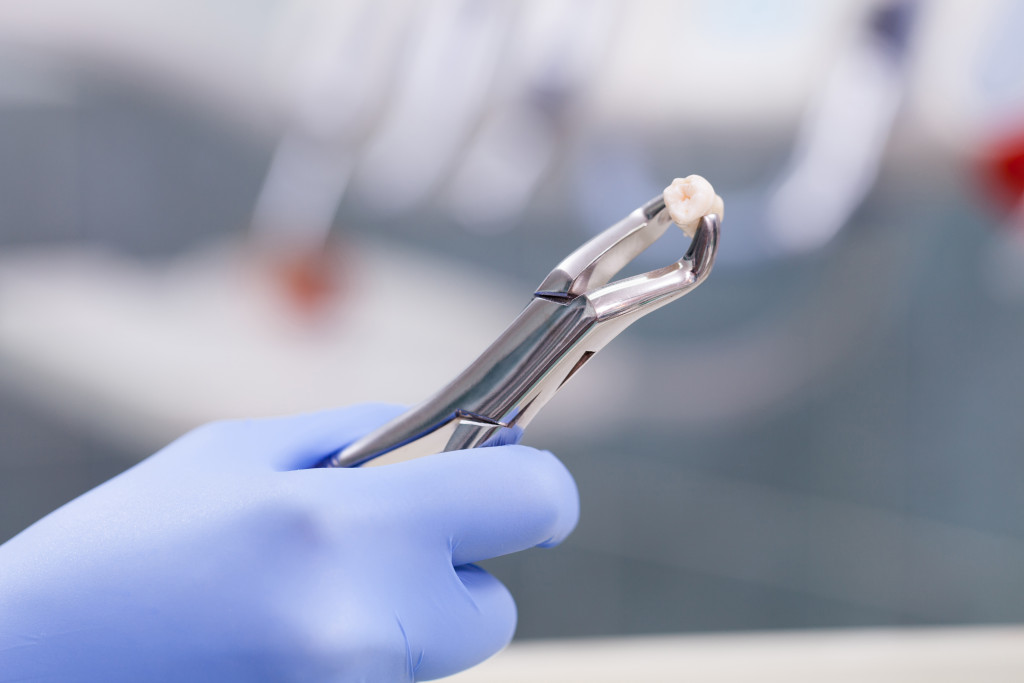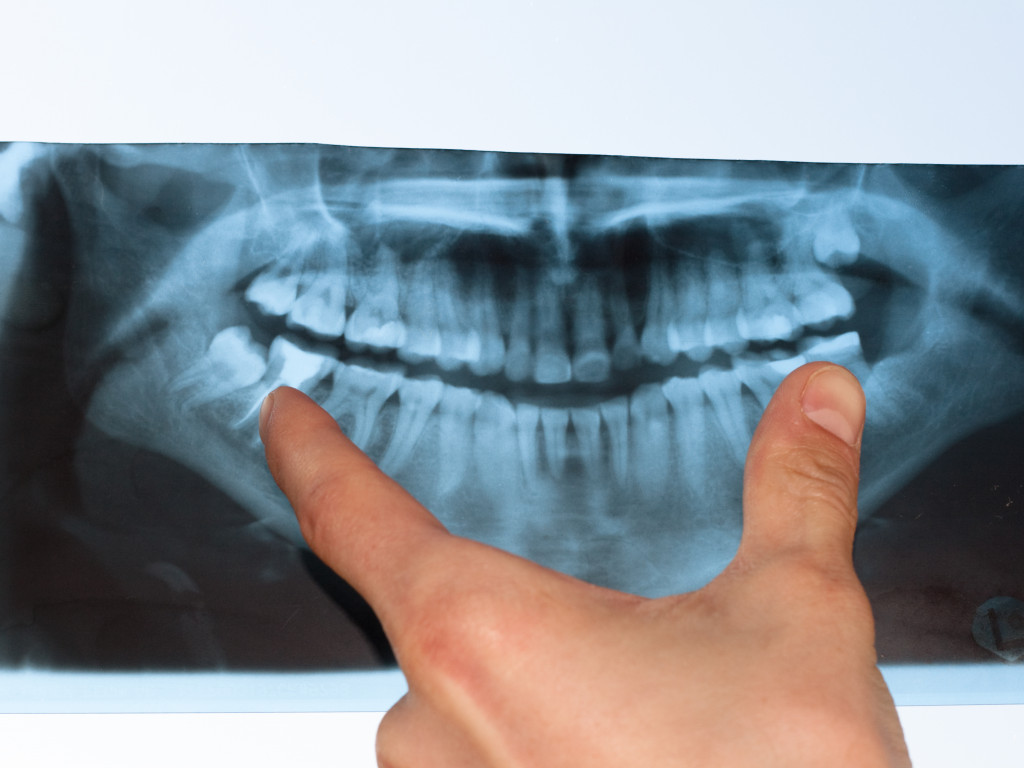• Impacted wisdom teeth can cause severe pain, swelling, and infection if not treated immediately.
• Bad breath, overcrowding of the mouth, and damage to other teeth may also occur due to impacted wisdom teeth.
• Immediate action is recommended if there are signs of impacted wisdom teeth to prevent further issues.
• Speak to an oral surgeon if you have an impacted wisdom tooth and follow their advice for the best outcome.
Wisdom teeth are the last molars to emerge in the human mouth. For some, wisdom teeth come in seamlessly and without issue. However, wisdom teeth can be problematic for others and cause various health issues. In particular, impacted wisdom teeth—teeth that cannot break through the gums due to lack of space—can lead to serious complications if not treated immediately. Here’s what happens when an impacted wisdom tooth is not addressed.
Signs of Impacted Wisdom Tooth
You may think of these as another toothache that will go away over time. Still, impacted wisdom teeth can lead to serious conditions if not treated promptly. Here are the common signs:
Pain and Swelling
These are the most common symptoms. This is because pressure builds up as the wisdom tooth tries to push through the gums but cannot do so due to lack of space or other factors such as jaw misalignment. Unfortunately, this pain and swelling often go unnoticed since it occurs in an area of the mouth that many people don’t pay attention to; however, it can be quite severe if not treated. You may even experience headaches or earaches due to the pressure from the impacted tooth.
Infections
Another complication associated with impacted wisdom teeth is infection. When a wisdom tooth does not have enough room in your jawbone or gum tissue to grow properly, bacteria can get trapped between your gums and tooth, leading to an infection known as pericoronitis.
This infection can cause severe pain, fever, facial swelling, bad breath, and difficulty opening your mouth wide enough for basic functions like eating and brushing your teeth. If left untreated, it can spread beyond your mouth into other parts of your body, like your sinuses or lungs, and cause more serious illnesses.
Crowding
Since there isn’t enough room for all 32 adult teeth in a typical human mouth (including four wisdom teeth), one solution is for a dentist or oral surgeon to remove one or more of them so that there’s more room for everything else; unfortunately, this often means removing healthy adult teeth along with any unerupted (impacted) ones for all remaining teeth to fit properly in their respective positions within your jawbone structure.

The Dangers of Delay
If you have an impacted wisdom tooth, it’s important to act fast. Not only can the condition worsen as time passes, but it could also cause more serious issues.
Tooth Decay and Loss of Jawbone
If left untreated, impacted wisdom teeth can cause decay to your surrounding teeth as food particles become trapped between the wisdom tooth and its neighboring tooth. This leads to cavities and can eventually lead to tooth loss if not addressed. Additionally, an impacted wisdom tooth could destroy jawbone tissue if left unchecked. This means that the body won’t recognize the wisdom tooth and will begin to resorb (absorb) it, resulting in a hollow space within your jawbone.
Damage to Other Tooth
Finally, an impacted wisdom tooth can cause damage to the roots of surrounding teeth by pushing against them. This pressure can cause displacement of the other teeth and misaligning of the bite. Removing the impacted wisdom tooth as soon as possible is important to prevent this from happening.
When to Take Actions
If you have an impacted wisdom tooth, it’s best to speak to your dentist as soon as possible. Your dentist can assess the situation and recommend a course of action. Wisdom teeth should be removed when they are still partially or completely unerupted. This is because it’s much easier to extract when the tooth has not fully grown, and the roots have not yet formed.

If you’re experiencing pain, swelling, infection, bad breath, or other impacted wisdom tooth symptoms, reach out to your dentist as soon as possible. It is best to consult an oral surgeon to assess the situation and determine the best action. They will also be the ones to perform the actual extraction, should it be deemed necessary. Additionally, your surgeon can provide information about the options available and what post-operative care may be necessary.
Removing an impacted wisdom tooth is the only way to prevent further issues and keep your mouth healthy. Remember, listening to your dentist and taking their advice is important. It may be uncomfortable, but it will save you a lot of pain and hardship in the long run.

